How to Fix ERROR_INVALID_UNWIND_TARGET
This error may be caused by a stack mismanagement
3 min. read
Updated on
Read our disclosure page to find out how can you help Windows Report sustain the editorial team. Read more

The ERROR_INVALID_UNWIND_TARGET (error code 0x25E) is a Windows system error that occurs when an invalid target address is encountered during the unwinding of an exception. Unwinding is a process where the system cleans up the call stack after an exception has been raised, ensuring resources are properly released.
This error is caused due to corrupted call stack, a mismatched exception handling a faulty code or third-party app interference. It usually occurs in coding environments and we have some guidelines on how to troubleshoot it.
How do I fix ERROR_INVALID_UNWIND_TARGET?
1. Debug the application
- Use a debugger like Visual Studio Debugger or WinDbg:
- Attach the debugger to your application.
- Reproduce the issue to trigger the error.
- Inspect the call stack for abnormalities, such as:
- Unexpected jumps to invalid memory addresses.
- Missing or corrupted frames.
- Look for function calls that might have improperly managed exceptions.
2. Verify the exception handling code
- Ensure the code follows proper exception-handling practices:
- Match try blocks with corresponding catch or finally blocks.
- Avoid mismatched exception handling across different programming languages (e.g., mixing C++ exceptions with SEH on Windows).
- For Windows, validate that you are using Structured Exception Handling (SEH) properly.
3. Check for stack corruption
- Stack corruption can cause this error. Check for:
- Buffer overflows: Use tools like AddressSanitizer or Valgrind to detect and fix them.
- Improper stack manipulation: Avoid manually modifying the stack pointer or other low-level stack operations.
- Example of an overflow issue:
char buffer[10]; strcpy(buffer, "This is too long!"); // Stack corruption here
4. Analyze external dependencies
- If third-party libraries are involved, ensure that they are up to date and that they are compatible with your application and platform.
- Replace or remove problematic dependencies to verify if they are causing the issue.
5. Rebuild the application
- Clean and rebuild the application:
- Delete temporary files and caches.
- Rebuild the project from scratch to ensure no outdated object files are used.
- If you are working with dynamically linked libraries (DLLs), ensure they are correctly loaded.
6. Review compiler and linker settings
- Ensure your compiler and linker settings match the target platform. For example:
- Enable stack frame pointers with /Oy- if debugging stack issues in Visual Studio.
- Ensure proper exception handling flags are enabled.
7. Test in a Controlled Environment
- Run the application on a clean installation of the operating system.
- Use virtual machines or containerized environments to isolate the problem.
8. Update system components
- Outdated system components or libraries may cause issues:
- Update the Windows OS.
- Apply patches to libraries, runtimes (e.g., .NET, C++ redistributables), and other dependencies.
9. Use static analysis tools
Use tools like PVS-Studio, Coverity, or Cppcheck to identify and resolve stack-related issues in the source code.
Example fix for stack mismanagement
// Incorrect stack manipulation
void invalid_function() {
int x;
asm("movl $0, %esp"); // Direct stack pointer modification (BAD)
}
// Fix: Avoid manual stack pointer manipulation
void valid_function() {
int x;
// Proper function implementation here
}
To prevent the ERROR_INVALID_UNWIND_TARGET bug check, follow best practices for exception handling and avoid low-level stack manipulation unless necessary. It’s also recommended to use modern compilers and tools that enforce stack protection mechanisms (e.g., /GS flag in Visual Studio for buffer overrun detection).
Hopefully, by following the guidelines above you fixed the ERROR_INVALID_UNWIND_TARGET and now your code is working.
If you’re facing the UNWIND_ON_INVALID_STACK BSoD, check the highlighted link for solutions on how to fix it. Before you leave, you might be interested in our latest guide on ERROR_UNWIND_CONSOLIDATE.
For any questions or solutions we didn’t cover here, let us know in the comments below.
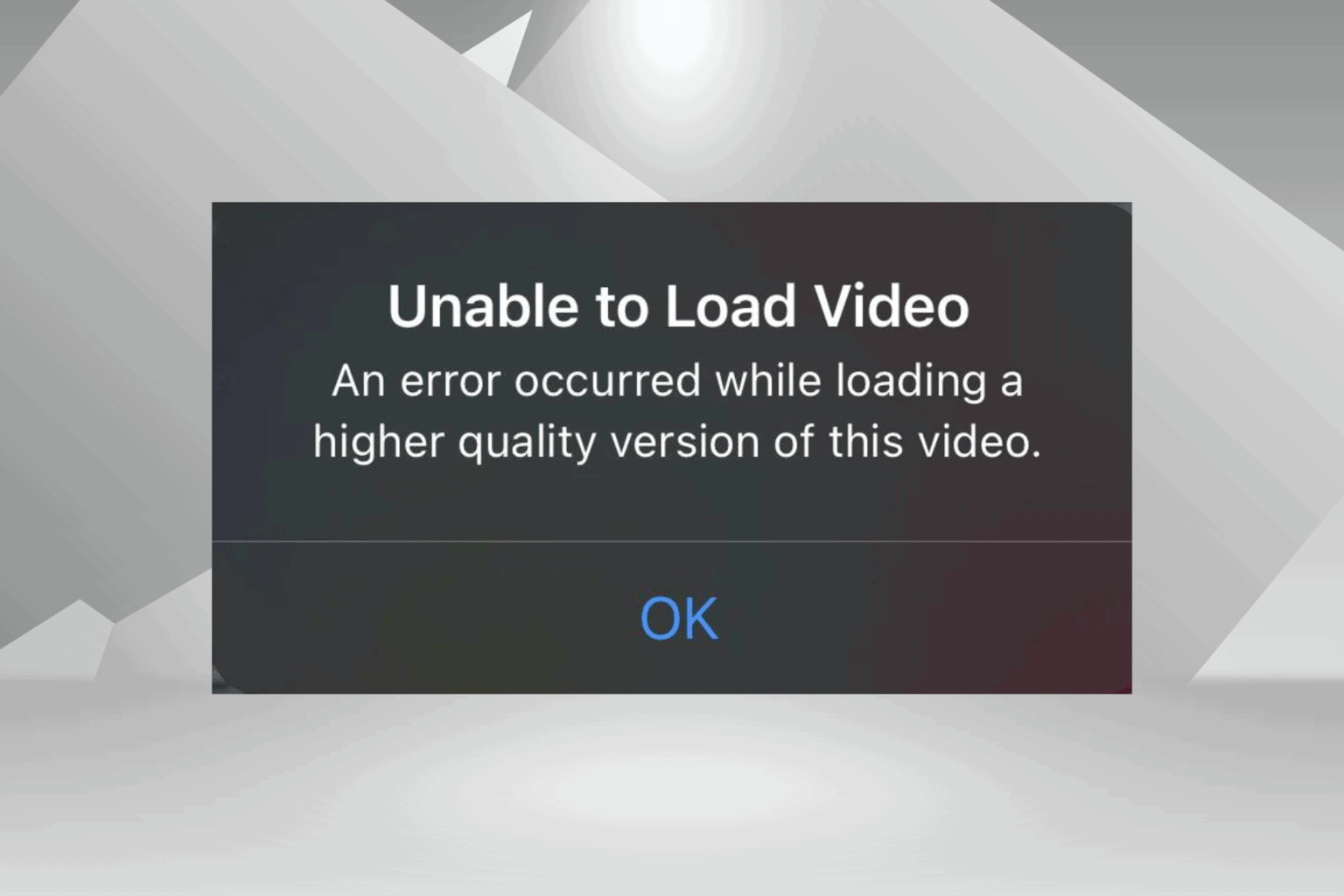
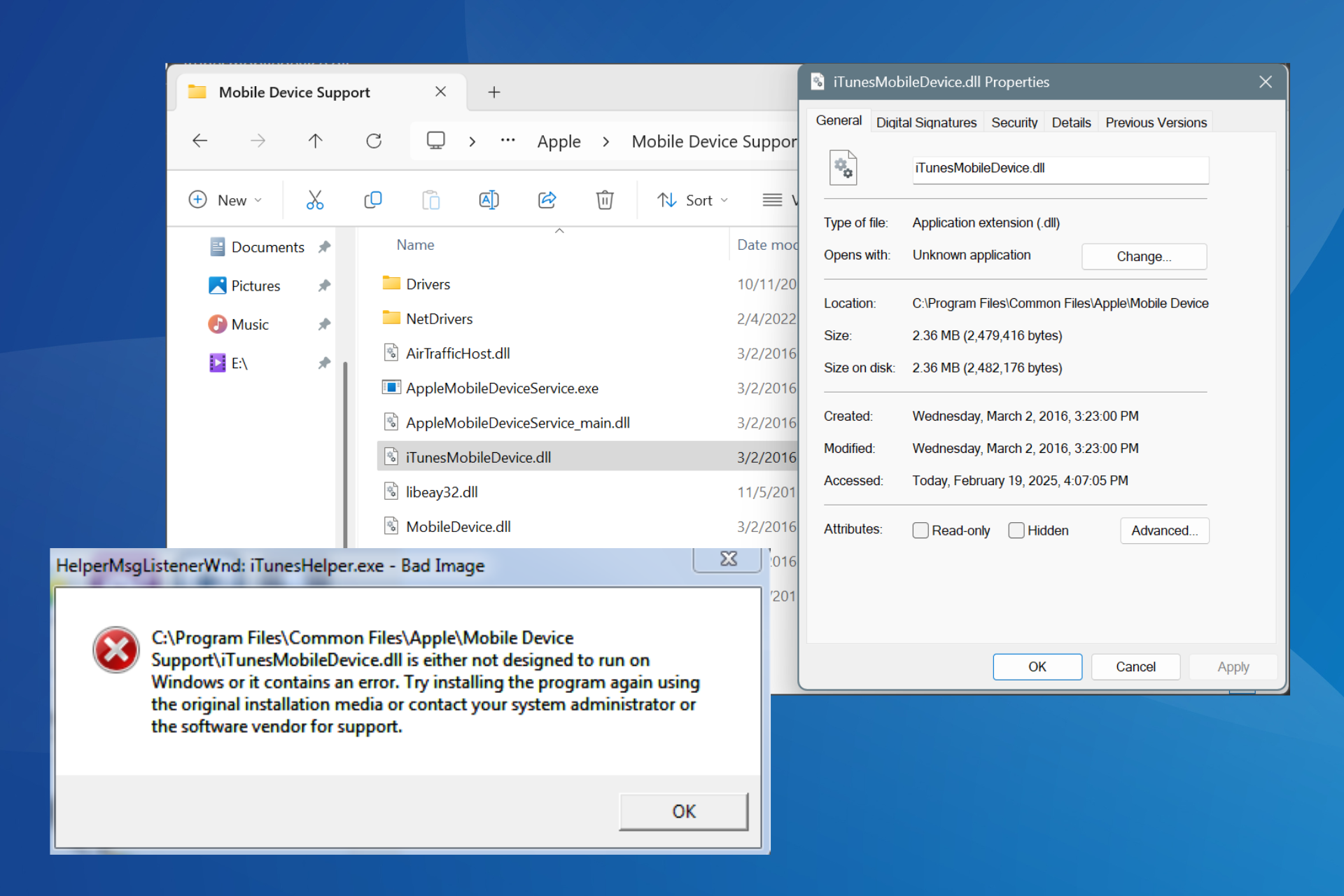
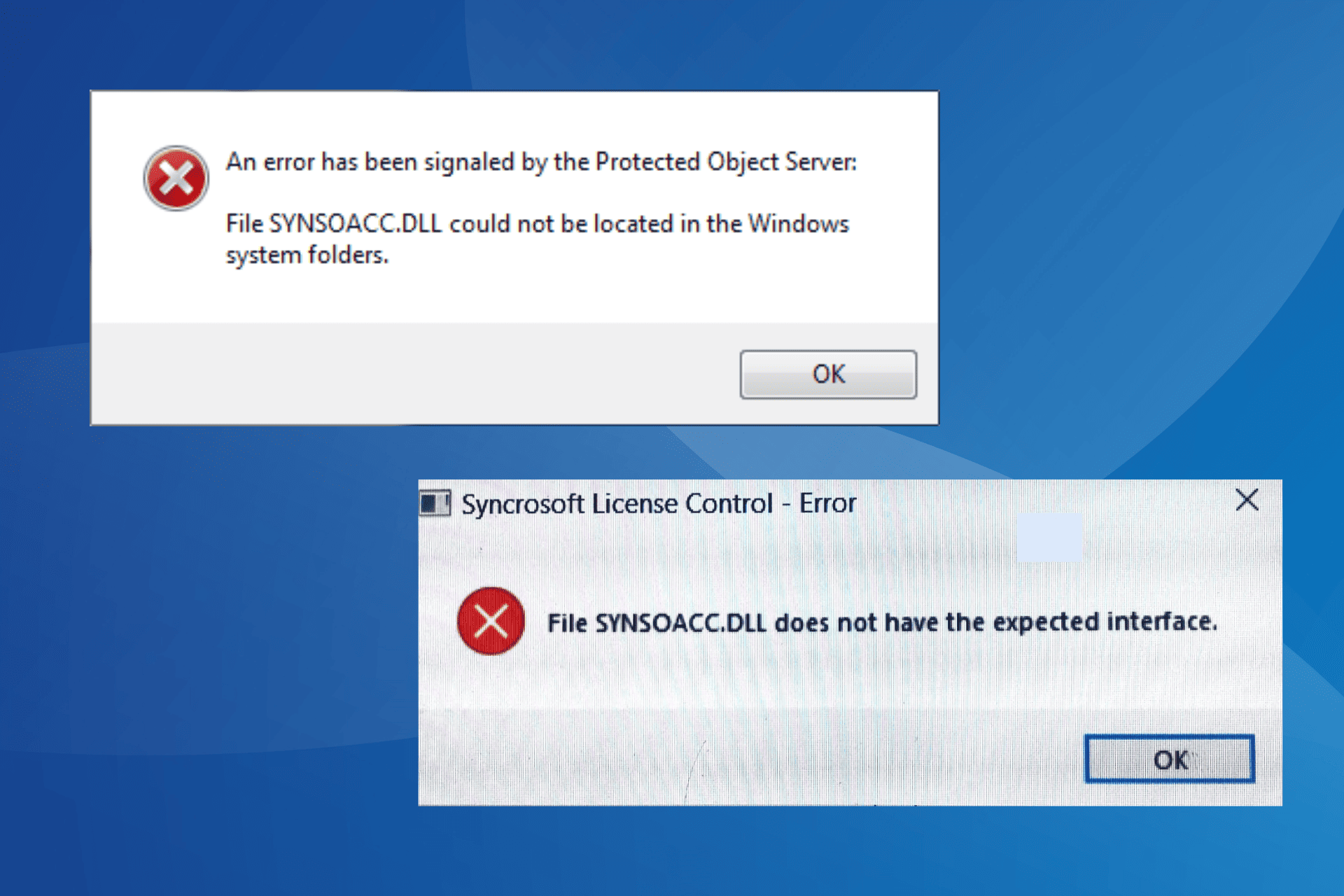

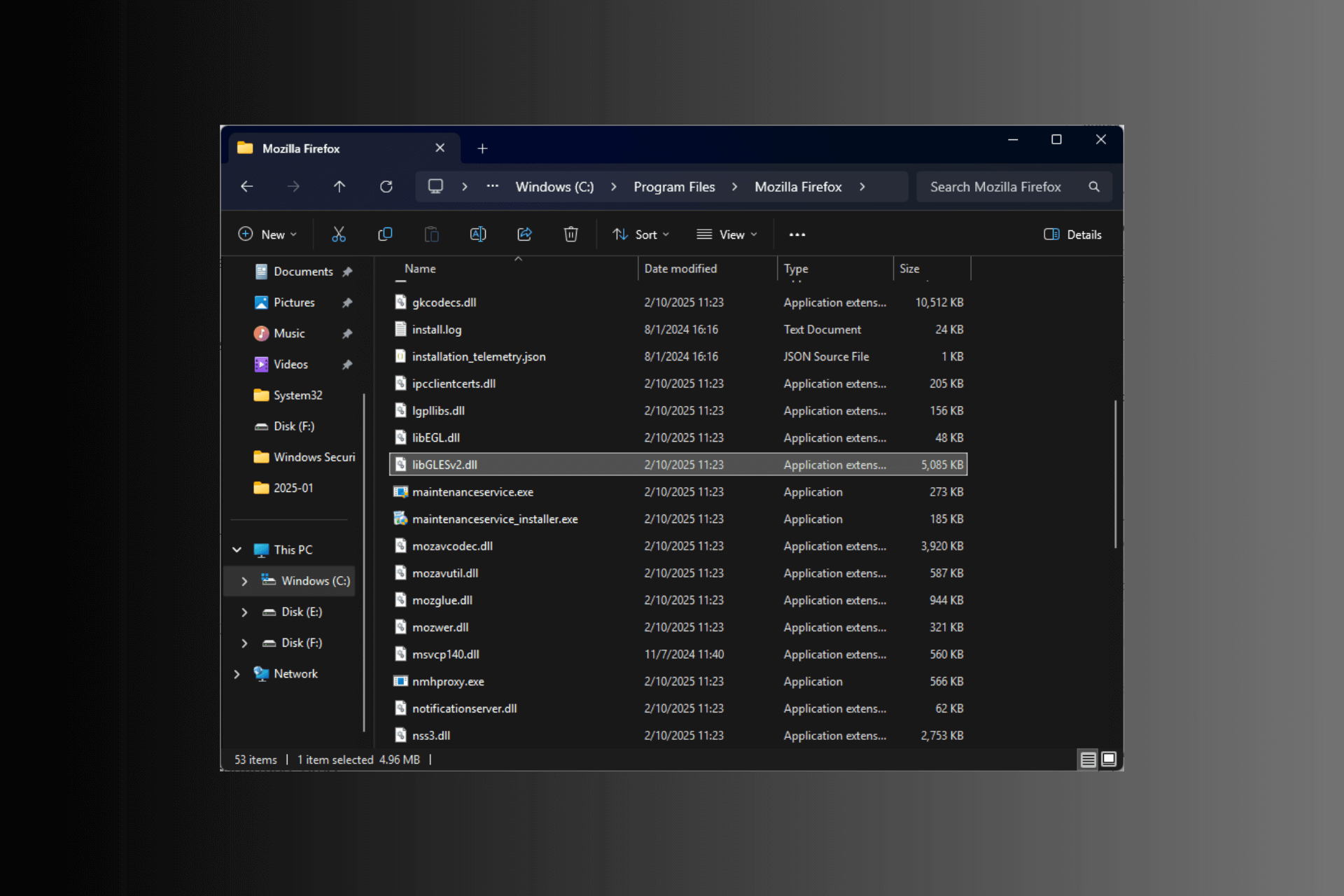
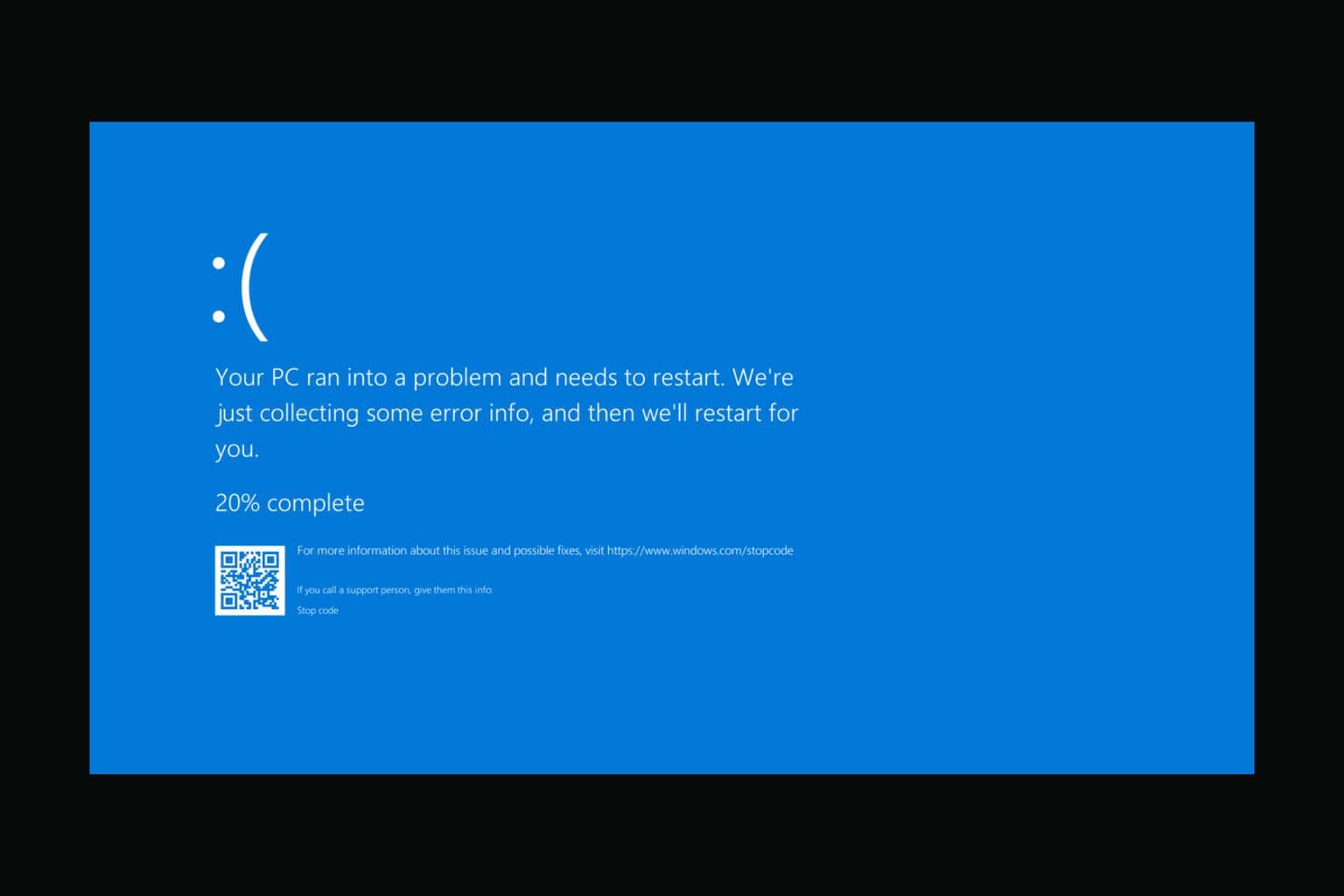
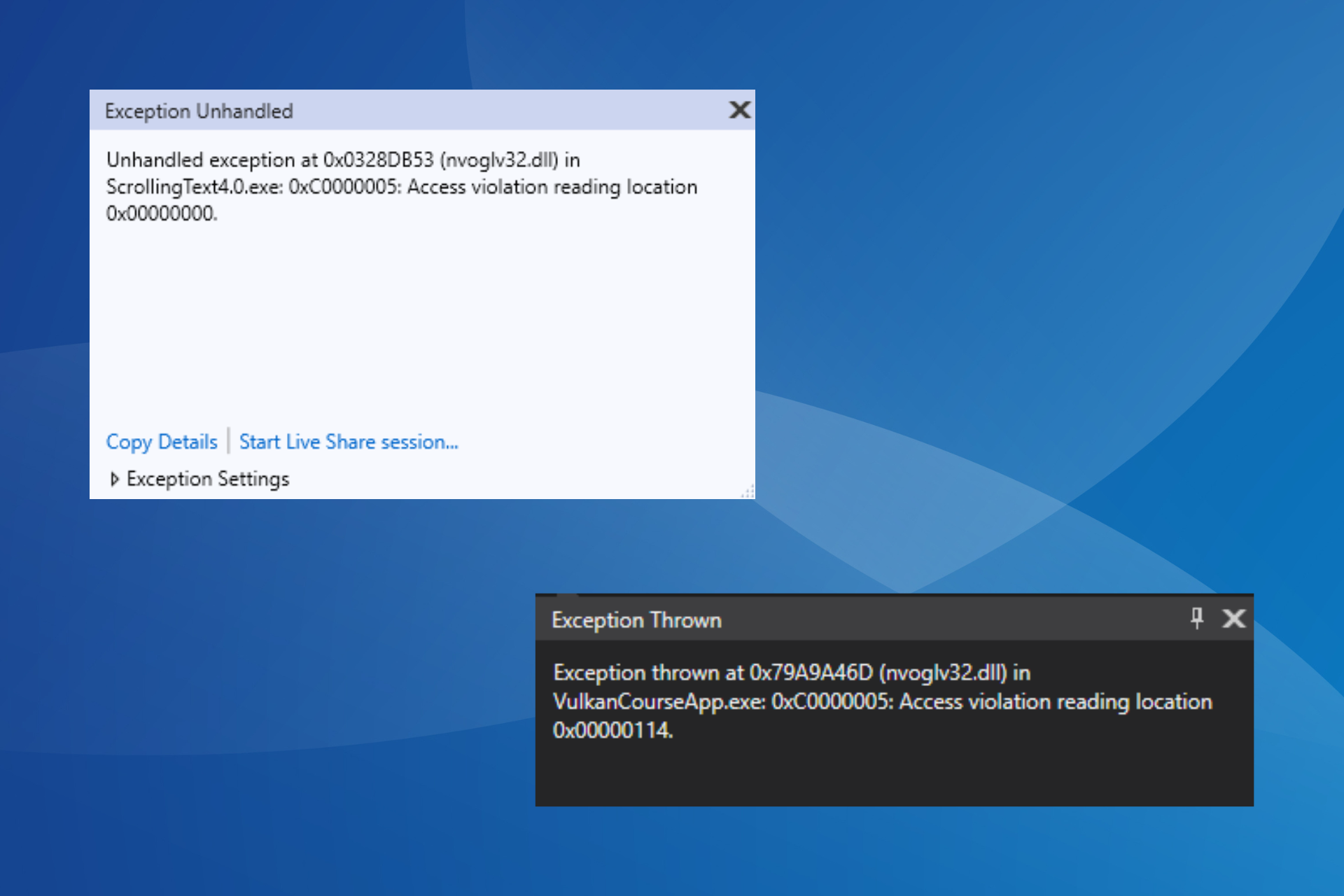
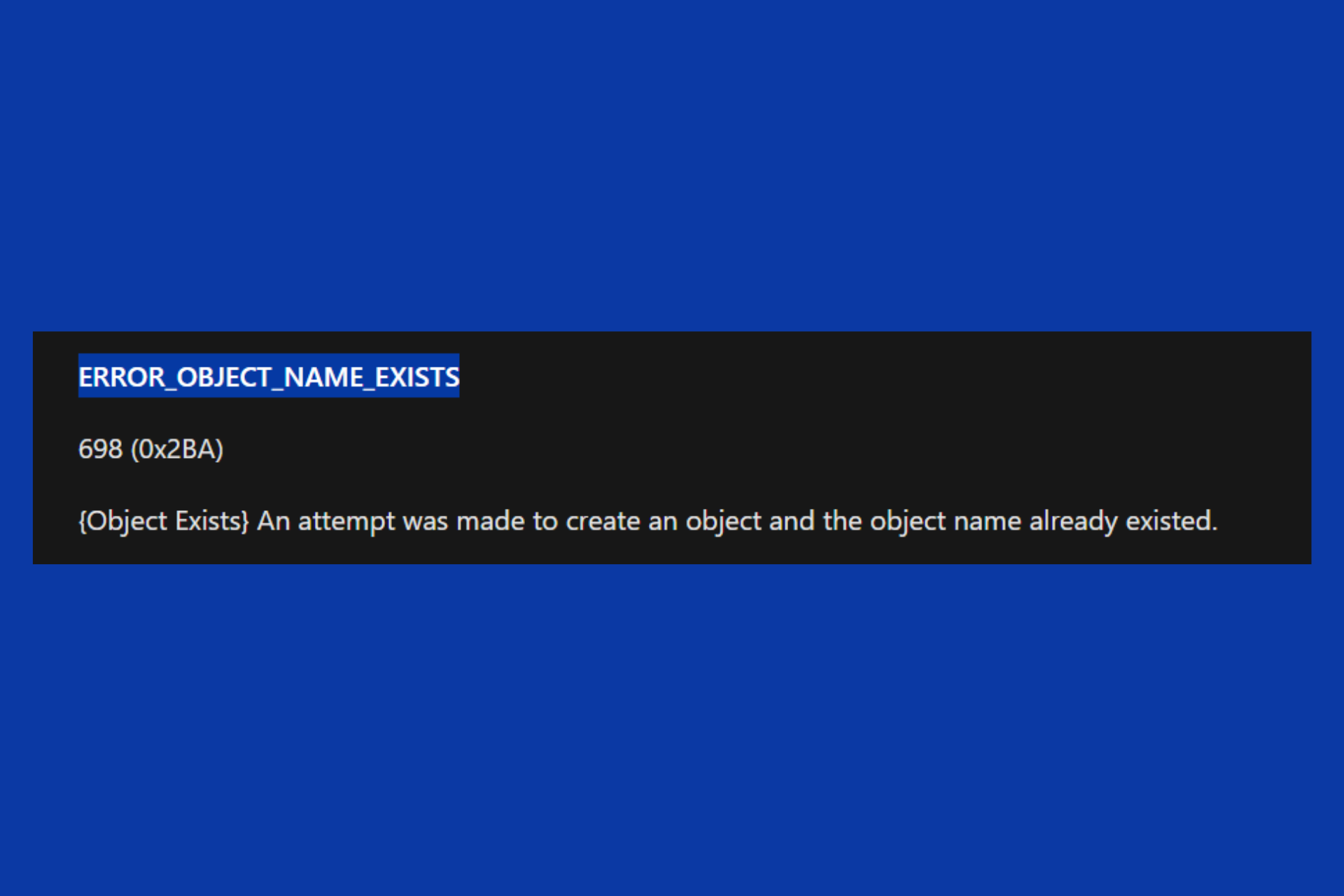
User forum
0 messages